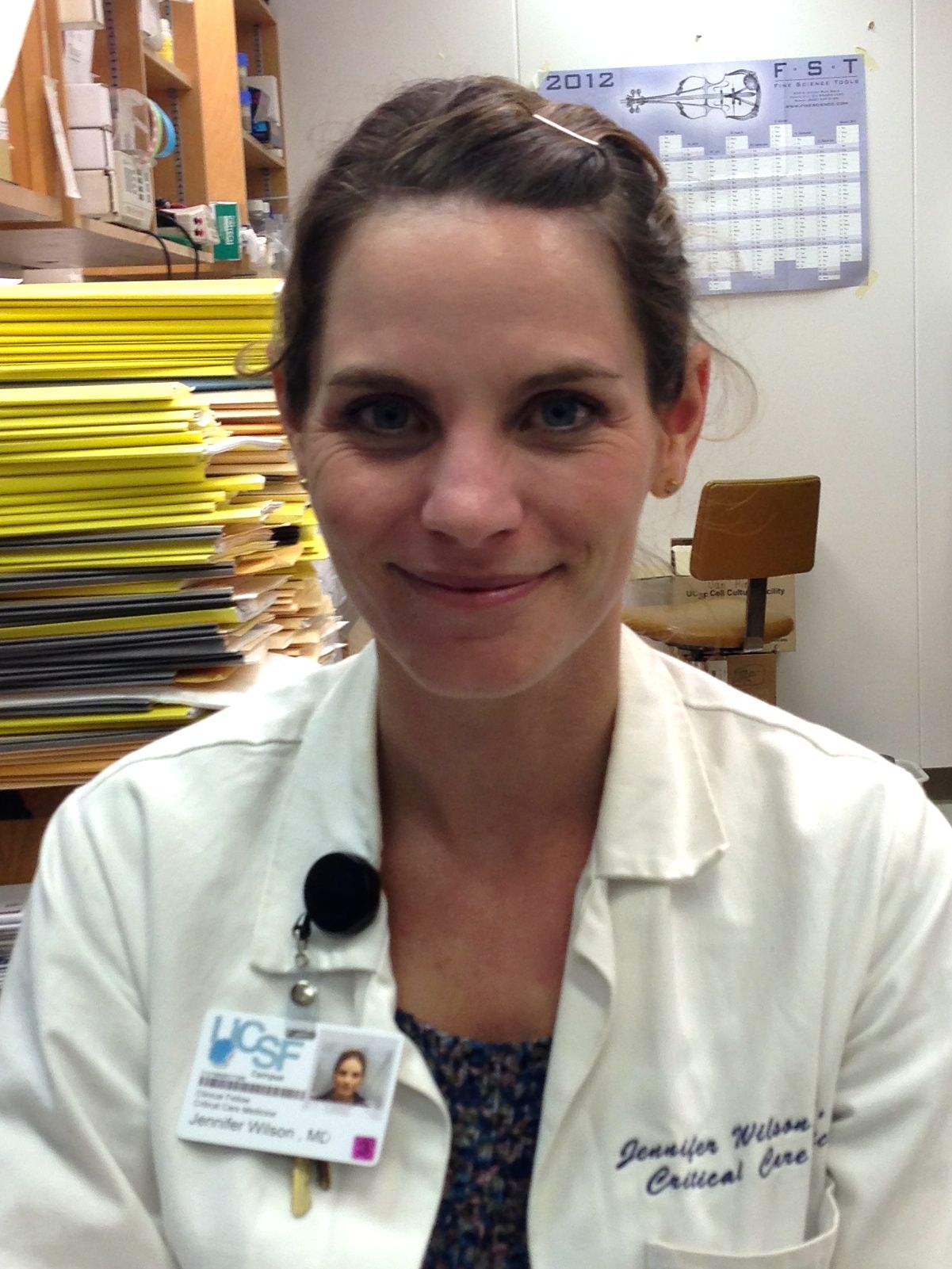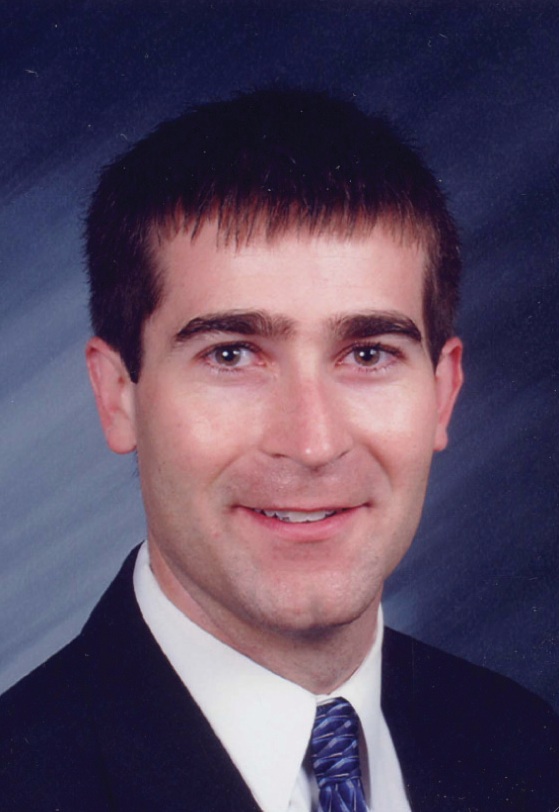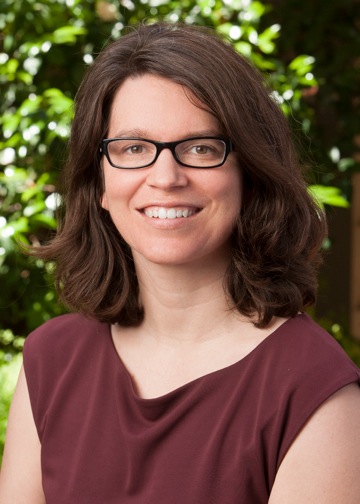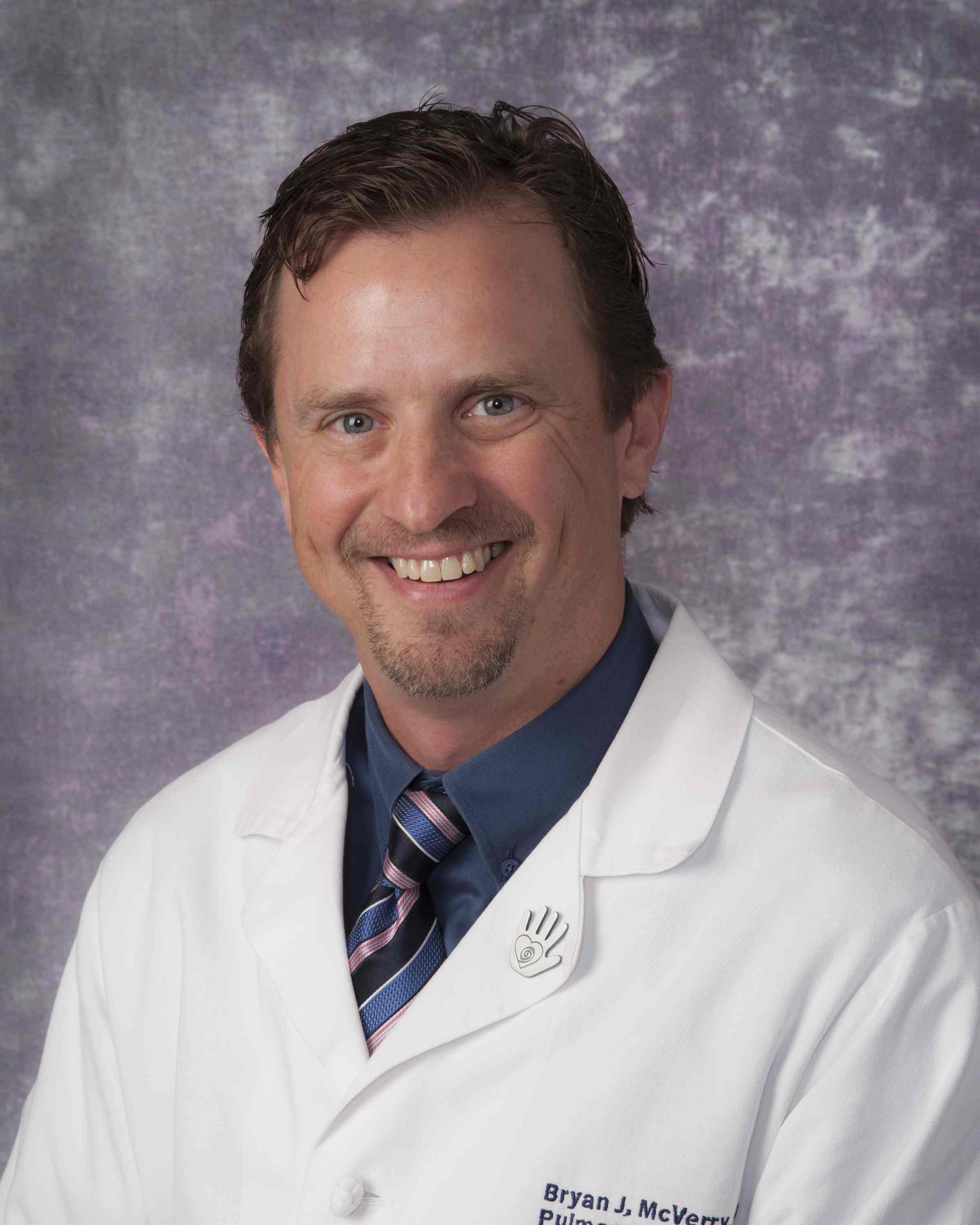Research Team
University of California, San Francisco Medical Center
 Dr. Michael Matthay
Dr. Michael Matthay
Michael A. Matthay, MD is a Professor of Medicine and Anesthesia at the University of California at San and a Senior Associate at the Cardiovascular Research Institute. He is Associate Director of the Intensive Care Unit. He received his AB from Harvard University in 1969 and his MD from the University of Pennsylvania School of Medicine in 1973. Dr. Matthay received clinical training in Internal Medicine at the University of Colorado from 1973-76 and in Pulmonary and Critical Care Medicine from the University of California at San Francisco from 1977-78. He is a former Chairman of the Respiration Section of the American Physiological Society and he served as a member (1995-2000) and chair (1998-2000) of the NIH Lung Biology and Pathology study section. He received an American Thoracic Society award for Scientific Achievement in 2002. He is a member of the American Association of Physicians.
Research Interests:Dr. Matthay’s basic research is focused on the resolution of lung injury and pulmonary edema. Dr. Matthay’s clinical research is focused on the mechanisms that account for the pathogenesis and resolution of clinical acute lung injury and pulmonary edema. His most recent work has focused on the potential therapeutic value of mesenchymal stem cells for the treatment of the acute respiratory distress syndrome in critically ill patients.
 Dr. Carolyn Calfee
Dr. Carolyn Calfee
Carolyn S. Calfee, MD MAS is Associate Professor in Residence of Medicine and Anesthesia at UCSF, where she attends in the intensive care units at Moffitt-Long Hospital. Dr. Calfee received her undergraduate degree from Yale University and her medical degree from the University of Pennsylvania School of Medicine. She came to UCSF for residency in Internal Medicine and stayed to complete her chief residency and Pulmonary/Critical Care Medicine fellowship. She also completed her Masters in Clinical Research at UCSF in 2009. After research training with Drs. Michael Matthay and Mark Eisner, she joined the faculty of the division in 2007. Dr. Calfee is also a member of UCSF’s Center for Tobacco Control Research and Education and an associate member of the UCSF Cancer Center.
Research Interests: Dr. Calfee’s primary academic focus is the prevention, diagnosis, prognosis, and treatment of acute lung injury (ALI) and the acute respiratory distress syndrome (ARDS). Current research projects include: (1) the role of biomarkers in investigating ALI/ARDS pathogenesis, early diagnosis, treatment, and prognosis; (2) the role of cigarette smoke exposure in susceptibility to lung injury; and (3) novel treatments for acute lung injury.
 Dr. Kathleen Liu
Dr. Kathleen Liu
Kathleen D. Liu, MD, PhD, MAS is an Associate Professor in the Departments of Medicine and Anesthesia at the University of California, San Francisco. Dr. Liu received her undergraduate degree from Harvard College and her MD and PhD degrees from the University of California, San Francisco. She did her residency training at the Brigham and Womens Hospital in Boston and her fellowship training in nephrology and critical care at the University of California, San Francisco. She joined the faculty at UCSF in 2006.
Research Interests: Dr. Liu's research interests include the predictive role of biomarkers in both acute kidney injury and chronic kidney disease, as well as in clinical trials for acute kidney injury and acute lung injury.
 Dr. Jennifer Wilson
Dr. Jennifer Wilson
Jennifer Wilson, MD, MS is a second-year fellow in Critical Care Medicine at the University of California, San Francisco. Dr. Wilson received her undergraduate degree from Yale University, her MS degree from the School of Public Health at the University of California, Berkeley, and her MD degree from the University of California, San Francisco. Before entering her Critical Care fellowship, she completed her residency training in Emergency Medicine at the University of California, San Francisco Medical Center and San Francisco General Hospital.
Research Interests: Dr. Wilson’s research interests include prevention and early detection of acute lung injury and acute respiratory distress syndrome, as well as the use of bedside ultrasound in critical care practice.
 Dr. Jeffrey Gotts
Dr. Jeffrey Gotts
Jeff Gotts, MD/PhD is an Assistant Clinical Professor of Medicine at UCSF, where he attends in the intensive care units at Moffitt-Long Hospital. Dr. Gotts received his undergraduate degree from the University of Texas at Austin and his medical degree and PhD from UCLA. He came to UCSF in 2006, completing his residency in Internal Medicine and fellowship in Pulmonary/Critical Care.
Research Interests: Working with Drs. Matthay and Calfee, Dr. Gotts has a primary research focus of mouse models of infection-related ARDS, including influenza and bacterial pneumonia. He also studies the role of cigarette smoke in susceptibility to lung injury from infectious causes.
Stanford University Medical Center
Dr. Joseph Levitt
Joseph E. Levitt, MD, MS is an Assistant Professor of Medicine in the Division of Pulmonary and Critical Care in the Stanford School of Medicine where he attends in the intensive care units at Stanford University Hospital. Dr. Levitt received his undergraduate degree from Pomona College and his medical degree from the University of Minnesota. He completed residency in Internal Medicine at the University of Chicago Hospitals and then went on to a Chief Residency year at Cook County Hospital in Chicago. Dr. Levitt completed his clinical fellowship in Pulmonary and Critical at the University of Chicago before transferring to Stanford University as a research fellow and went on to receive a Masters in Clinical Epidemiology from the Stanford School of Health Research and Policy in 2006. He joined the Pulmonary and Critical Care Division in 2006 and has served as Associate Fellowship Director since 2010.
Research Interests: Dr. Levitt’s primary academic focus is developing strategies and criteria for the early identification of acute lung injury prior to the need for positive pressure ventilation. Current projects include a clinical trial of inhaled beta agonists and corticosteroids for the prevention and early treatment of acute lung injury. He is also interested in strategies to reduce the heterogeneity of the pathophysiology and prognoses of patients with ARDS.
 Dr. Angela Rogers
Dr. Angela Rogers
Angela J Rogers, MD/MPH is an Assistant Professor of Medicine at Stanford University. She received her undergraduate degree in Philosophy from Manchester College in Indiana before completing her medical degree at Harvard Medical School in 2001. She completed her residency training at the Brigham and Women's Hospital, her fellowship training at the Harvard Pulmonary/Care Fellowship, and her research training at the BWH/Channing. She completed her Master of Public Health degree at Harvard University and then joined the BWH faculty in 2009 where she studied asthma genetics and genomics. She moved to Stanford in 2013 to focus on ICU research.
Research Interests: Dr. Rogers's research focuses on using genetics and genomics strategies to better understand ARDS mechanisms and thus identify novel biomarkers, phenotypes, and treatments for the disease. She is also interested in reducing the long-term morbidity of ARDS among survivors.
Massachusetts General Hospital
 Dr. Ednan K. Bajwa
Dr. Ednan K. Bajwa
Ednan K. Bajwa, MD, MPH is an Assistant Professor of Medicine at Harvard Medical School and practices at the Massachusetts General Hospital, where he is the Director of the Medical ICU and Vice-Chief of Pulmonary/Critical Care. Dr. Bajwa received his undergraduate and medical degrees from New York University and came to MGH for residency in Internal Medicine, followed by fellowship training in the Harvard Pulmonary/Critical Care Fellowship Training Program. He completed his Master of Public Health degree at Harvard University and joined the MGH faculty in 2007.
Research Interests: Dr. Bajwa’s primary academic focus is studying risk factors for the acute respiratory distress syndrome (ARDS), and improving methods for diagnosing it. His current research includes projects to develop blood and advanced imaging tests for studying ARDS.
 Dr. B. Taylor Thompson
Dr. B. Taylor Thompson
B. Taylor Thompson, MD, is a Professor of Medicine at Harvard Medical School and the Director of Translational Research at the Massachusetts General Hospital (MGH), Boston. He received his BS in Physiology from the University of California Davis in 1974 and his MD UC Davis School of Medicine in 1978. Dr. Thompson completed his Internal Medicine training at the New England Deaconess Hospital from 1978-81 and was the Chief Medical Resident the following year. He completed his Pulmonary and Critical Care training at MGH from 1982-85. Dr Thompson served as the Director of the MGH Medical Intensive Care Unit for over 20 years and currently serves as an Associate Editor for Critical Care for the American Journal of Respiratory and Critical Care Medicine.
Research Interests: Dr. Thompson is an expert in the design, conduct, and analysis of clinical trials for the critically ill. He serves as Medical Director of the Clinical Coordinating Center for the NHLBI’s Prevention and Early Treatment of Acute Lung Injury (PETAL) Clinical Trials Network. In addition to ARDS, Dr. Thompson’s clinical and research interests include therapeutic interventions for severe sepsis, diagnostic approaches to pulmonary thromboembolism, and computerized decision support in the ICU.
 Dr. Jeanine P. Wiener-Kronish
Dr. Jeanine P. Wiener-Kronish
Jeanine P. Wiener-Kronish is the Henry Isaiah Dorr Professor of Research and Teaching in Anaesthetics and Anaesthesia at the Harvard Medical School in Boston. She has been the Anesthetist-in-Chief at the Massachusetts General Hospital since 2008. Dr. Wiener-Kronish obtained her BA from the University of California at Los Angeles in 1971 and then obtained her M.D. in 1976 from the University of California at San Francisco. She completed her residency in Internal Medicine in 1979 and a Pulmonary clinical and research fellowship at the Cardiovascular Research Institute (UCSF) in 1984. She then completed a residency in Anesthesia (UCSF) in 1986. She is board certified in Internal Medicine, Pulmonary, Anesthesia and Critical Care Medicine. She is an ICU attending at MGH. She has been elected to the Cardiovascular Research Institute, the Western Society for Clinical Research, the American Physiological Society, the Association of University Anesthesiologists, the Western Association of Physicians, and the Institute of Medicine.
Research Interests: Dr. Wiener-Kronish has devoted much of her academic career to investigating the mechanism for acute lung injury by Pseudomonas aeruginosa, a gram negative bacteria that commonly infects patients in the intensive care unit. Her past research focused on the mechanism of pleural fluid formation during acute lung injury, which bacterial virulence products of Pseudomonas caused acute lung injury and the production of human antibodies that block the Pseudomonas virulence products. Dr. Wiener-Kronish is presently a senior editor for the journal Anesthesiology.
The University of Pittsburgh Medical Center
 Dr. Bryan McVerry
Dr. Bryan McVerry
Bryan McVerry received his B.S. in Mechanical Engineering from Lehigh University in 1992 followed by his M.D. from Georgetown University School of Medicine in 1997. Following internship in Internal Medicine and Pediatrics, he completed residency in Internal Medicine at the University of Chicago and then went on to study out of hospital cardiac arrest during a one-year research fellowship in the Emergency Resuscitation Research Center at the University of Chicago. He subsequently completed clinical and research fellowships in Pulmonary and Critical Care Medicine at Johns Hopkins University under the mentorship of Joe G.N. Garcia and Brett A. Simon. In August of 2005, Dr. McVerry joined the faculty of the Division of Pulmonary, Allergy, and Critical Care Medicine at the University of Pittsburgh as Assistant Professor. He currently serves as the Associate Director of the Medical ICU at UPMC Presbyterian Hospital, the Director of Translational Research for the Acute Lung Injury Center of Excellence, and the Associate Program Director for the Fellowship Training Program in Pulmonary and Critical Care Medicine.
Research Interests: Dr. McVerry’s research interest is focused on basic and translational investigation of the biological mechanisms underlying the development and consequences of sepsis and acute lung injury. His research efforts are designed to span the continuum from the bench to the bedside. His bench work includes investigation of the mechanisms underlying the development of lung microvascular endothelial permeability in response to inflammatory insult and the relationships between nutritional support and the systemic inflammatory response as it pertains to metabolic dysregulation in sepsis. His translational interests focus on novel mediators of lung injury in patients with sepsis. See his faculty webpage for further detail regarding his research interests (http://www.dom.pitt.edu/paccm/faculty/McVerry.html).
 Dr. Michael Donahoe
Dr. Michael Donahoe
Michael Donahoe MD is a Professor of Medicine in the Division of Pulmonary, Allergy, and CCM at the University of Pittsburgh School of Medicine. He received his medical degree from Drexel University. He subsequently completed his residency and fellowship training at the University of Pittsburgh. He is board certified in internal medicine, pulmonary medicine, and critical care medicine. He joined the faculty in 1989 as as Assistant Professor of Medicine and has been promoted to Professor of Medicine i. He has served as the Director of the Medical Intensive Care Unit for over 25 years. He has also served twice as the Interim Division Chief from 1996-2000 and currently serves as the Associate Chief for Clinical Affairs. His the recipient of numerous faculty teaching awards.
Research Interests: Dr Donahoe’s research focus has included the design and execution of numerous sponsored NIH and industry clinical trials investigating the critically ill in ARDS, IPF exacerbations, aging in critical care medicine, the care of patients with long term ventilator dependence and hospital quality improvement. He is uniquely familiar with local and national (FDA and industry) regulatory issues based upon his experience in implementation of clinical research trials.